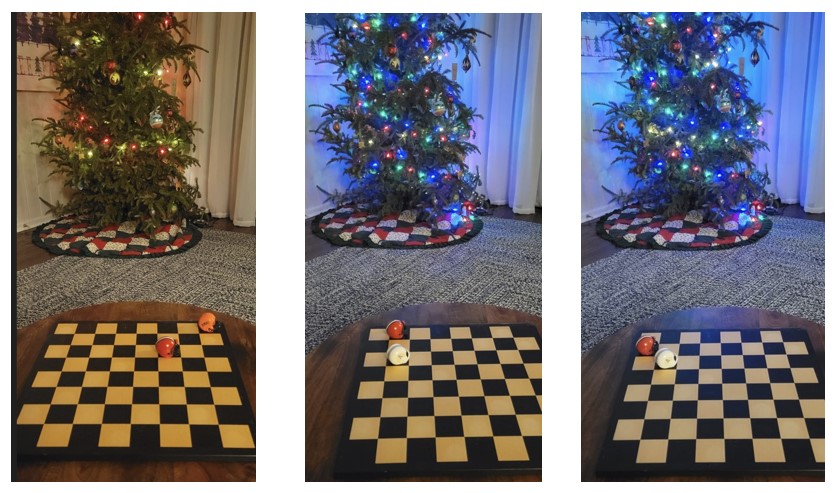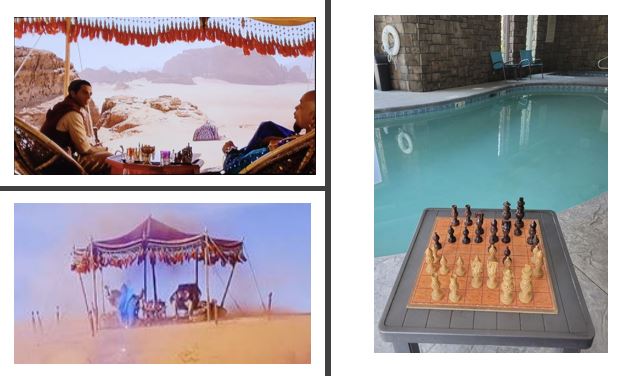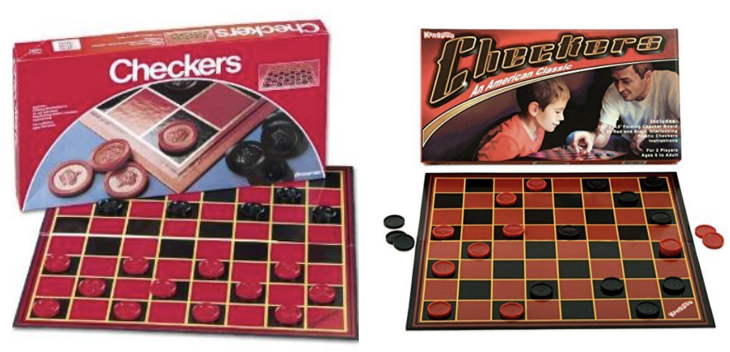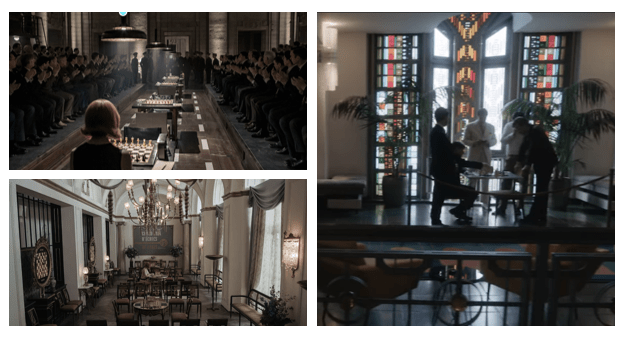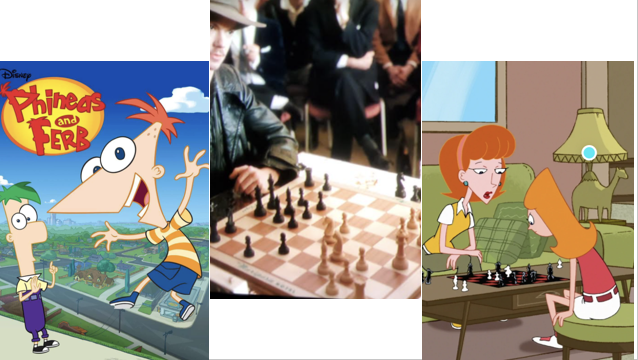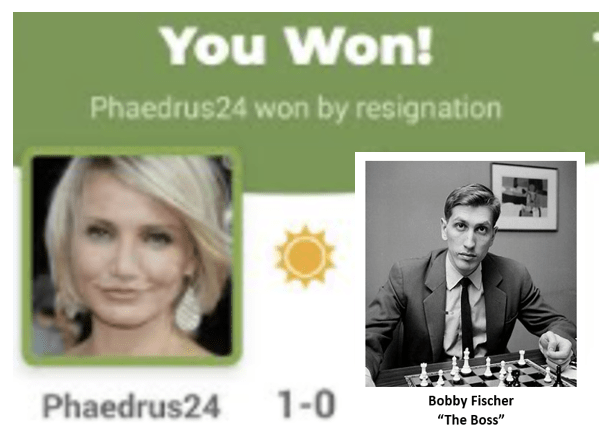
Do you find yourself longing for something beyond boring video games?
Is “1st Person shooter board game champion” a title you’ve not yet collected?
Then this site is your gateway to domination of the classical, strategic board gaming world!
Draughts, Backgammon … now, NFL-augmented Virtual Checkers Reality awaits you.
Catch the excitement of the premier strategy board game (not named chess, of course):
NFL-augmented Checkers


Some basic reminders: Black moves first, captures forced, notation may be slightly awkward; Fred Reinfeld’s 1957 classic, launched just prior to USSR’s Sputnik satellite ruse, showed the real game
We use Fred Reinfeld’s classic to learn basic strategies and openings of the grand, though simple, old game.
